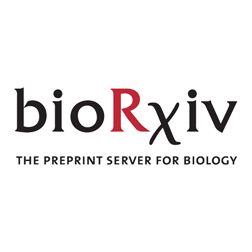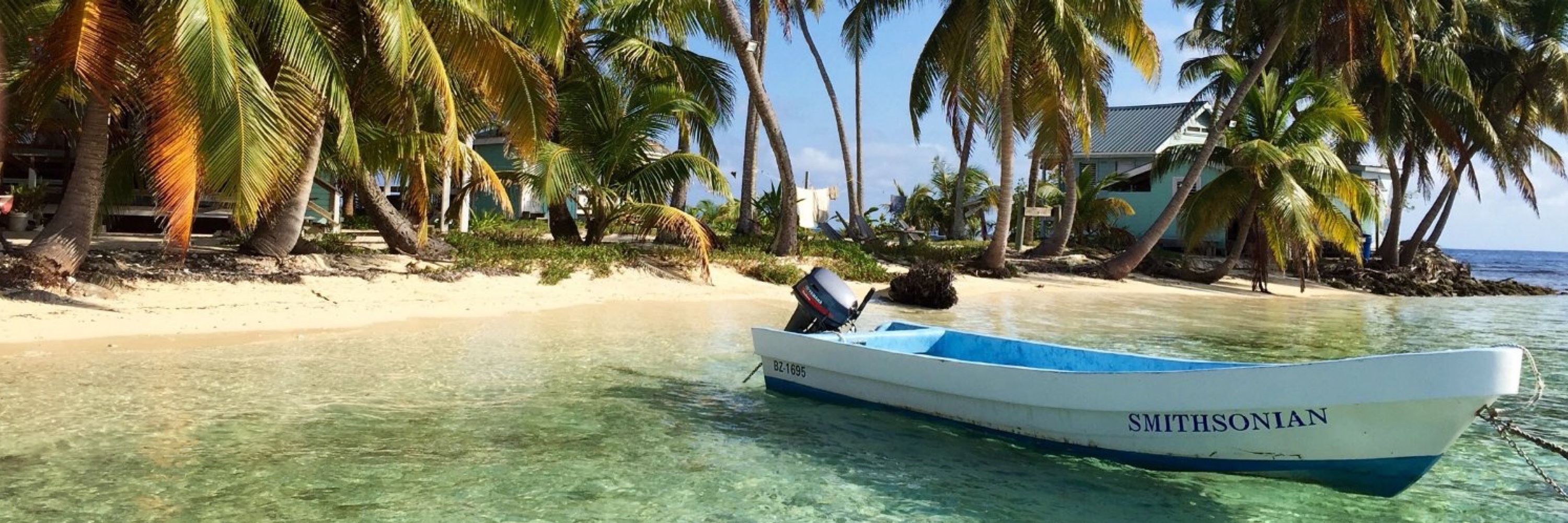
Amanda Alker
@atp-alker.bsky.social
Marine microbiologist | Assistant professor at the University of Rhode Island | Postdoc - Rubin & Doudna Labs UC Berkeley | Symbiosis, bacterial genetics and microbiome editing
Alkerlab.weebly.com
Alkerlab.weebly.com
Pinned
Amanda Alker
@atp-alker.bsky.social
· Nov 30
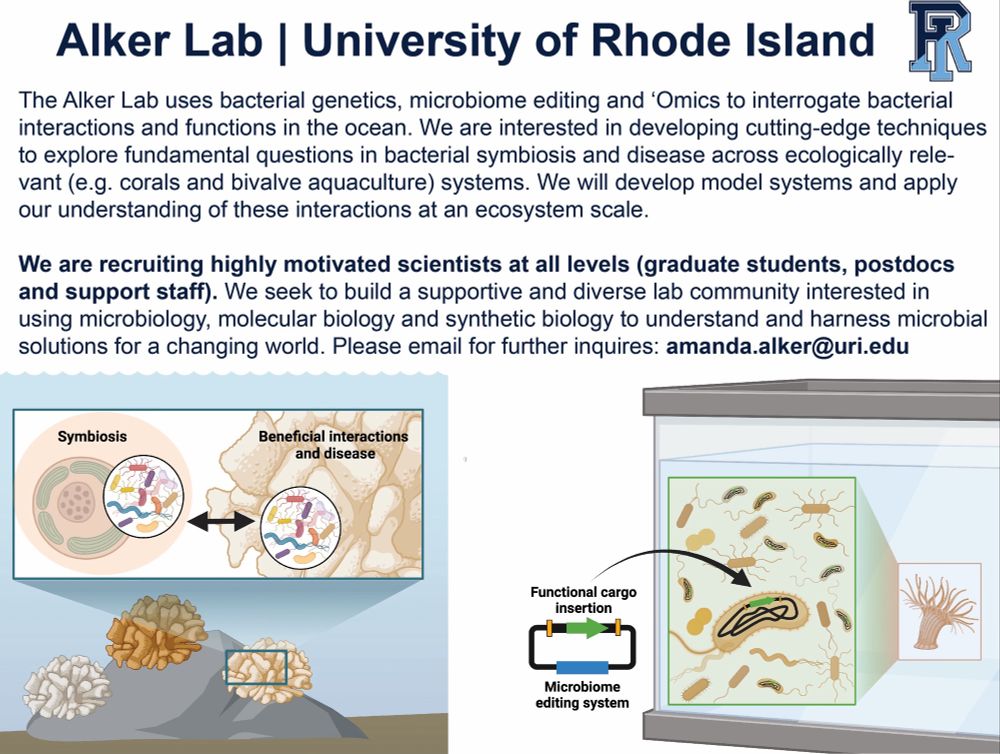
🚨 The Alker Lab is starting at the University of Rhode Island in early 2025 and we will be hiring! 🚨
If you are interested in marine microbiology, bacterial genetics and/or symbiosis, please consider reaching out! Repost to help spread the word 🪸🧪🧬🌊
If you are interested in marine microbiology, bacterial genetics and/or symbiosis, please consider reaching out! Repost to help spread the word 🪸🧪🧬🌊
Reposted by Amanda Alker
Can we leverage bacterial competition for targeted replacement of harmful strains? Maybe! Our recent piece in @natmicrobiol.nature.com provides a theoretical framework and a set of experiments to show what it might take: www.nature.com/articles/s41...

Strain displacement in microbiomes via ecological competition - Nature Microbiology
Mathematical modelling and experimental tests reveal principles that govern displacement of a resident strain by an invader in microbial communities.
www.nature.com
November 7, 2025 at 10:34 PM
Can we leverage bacterial competition for targeted replacement of harmful strains? Maybe! Our recent piece in @natmicrobiol.nature.com provides a theoretical framework and a set of experiments to show what it might take: www.nature.com/articles/s41...
Reposted by Amanda Alker
So happy to share this! Bacteriocins were first discovered over 100 years ago, but what do they actually do? We look at >1000 bacteriocin plasmids and find links to virulence and antimicrobial resistance, and frequent bacteriocin sharing in Enterobacteriaceae.
www.nature.com/articles/s41...
www.nature.com/articles/s41...

Bacterial warfare is associated with virulence and antimicrobial resistance - Nature Communications
Bacteria employ a range of competition systems that deliver toxins to inhibit competing strains. This study shows that these systems are particularly important for the ecology of virulent and antibiot...
www.nature.com
November 5, 2025 at 7:32 AM
So happy to share this! Bacteriocins were first discovered over 100 years ago, but what do they actually do? We look at >1000 bacteriocin plasmids and find links to virulence and antimicrobial resistance, and frequent bacteriocin sharing in Enterobacteriaceae.
www.nature.com/articles/s41...
www.nature.com/articles/s41...
Reposted by Amanda Alker
Growth-coupled microbial biosynthesis of the animal pigment xanthommatin — Led by Leah Bushin, featuring M. Gracia Alvan, @danielvolke.bsky.social @oscarpuiggene.bsky.social in a fantastic collaboration w/Brad Moore @labnikel.bsky.social @natbiotech.nature.com 🦑
www.nature.com/articles/s41...
www.nature.com/articles/s41...

November 3, 2025 at 12:49 PM
Growth-coupled microbial biosynthesis of the animal pigment xanthommatin — Led by Leah Bushin, featuring M. Gracia Alvan, @danielvolke.bsky.social @oscarpuiggene.bsky.social in a fantastic collaboration w/Brad Moore @labnikel.bsky.social @natbiotech.nature.com 🦑
www.nature.com/articles/s41...
www.nature.com/articles/s41...
Reposted by Amanda Alker
Reposted by Amanda Alker
Development of a CRISPR/Cas9-induced gene editing system for Pseudoalteromonas fuliginea and its applications in functional genomics journals.asm.org/doi/full/10.... #jcampubs
November 1, 2025 at 6:19 AM
Development of a CRISPR/Cas9-induced gene editing system for Pseudoalteromonas fuliginea and its applications in functional genomics journals.asm.org/doi/full/10.... #jcampubs
Reposted by Amanda Alker
Bacteriophages of the predominant coral symbiont Endozoicomonas: novel models for coral holobiont interactions https://www.biorxiv.org/content/10.1101/2025.10.29.685362v1
October 31, 2025 at 2:17 AM
Bacteriophages of the predominant coral symbiont Endozoicomonas: novel models for coral holobiont interactions https://www.biorxiv.org/content/10.1101/2025.10.29.685362v1
Reposted by Amanda Alker
Agrobacterium-mediated transformation of plants and fungi is enhanced by plasmid copy number variants go.nature.com/3CdewQS
rdcu.be/eNaje
rdcu.be/eNaje

Binary vector copy number engineering improves Agrobacterium-mediated transformation - Nature Biotechnology
Agrobacterium-mediated transformation of plants and fungi is enhanced by plasmid copy number variants.
go.nature.com
October 31, 2025 at 3:04 AM
Agrobacterium-mediated transformation of plants and fungi is enhanced by plasmid copy number variants go.nature.com/3CdewQS
rdcu.be/eNaje
rdcu.be/eNaje
Reposted by Amanda Alker
Can synthetic biology help save endangered ecosystems?
Our new paper with @vmaull.bsky.social explores how engineered genes can spread through soil microbes.
We model how synthetic gene transfer can support biodiversity. @vdlorenzo.bsky.social @guimaguade.bsky.social www.biorxiv.org/content/10.1...
Our new paper with @vmaull.bsky.social explores how engineered genes can spread through soil microbes.
We model how synthetic gene transfer can support biodiversity. @vdlorenzo.bsky.social @guimaguade.bsky.social www.biorxiv.org/content/10.1...

September 24, 2025 at 9:11 AM
Can synthetic biology help save endangered ecosystems?
Our new paper with @vmaull.bsky.social explores how engineered genes can spread through soil microbes.
We model how synthetic gene transfer can support biodiversity. @vdlorenzo.bsky.social @guimaguade.bsky.social www.biorxiv.org/content/10.1...
Our new paper with @vmaull.bsky.social explores how engineered genes can spread through soil microbes.
We model how synthetic gene transfer can support biodiversity. @vdlorenzo.bsky.social @guimaguade.bsky.social www.biorxiv.org/content/10.1...
What an incredible opportunity to meet with my symbiosis superheroes, establish new collaborations and put the Alker Lab on the map.
Thanks @memartino.bsky.social and @raquelpeixoto.bsky.social for organizing and bringing us all together in such a beautiful venue!
Thanks @memartino.bsky.social and @raquelpeixoto.bsky.social for organizing and bringing us all together in such a beautiful venue!
The #TMHMS25 has just wrapped up!
It’s been four amazing days of stimulating discussions and sharing our science in a wonderfully relaxed and supportive atmosphere.
There was a truly genuine sense of community among all participants, which I really cherish.
Cheers, to the next one! 🌊
It’s been four amazing days of stimulating discussions and sharing our science in a wonderfully relaxed and supportive atmosphere.
There was a truly genuine sense of community among all participants, which I really cherish.
Cheers, to the next one! 🌊


October 30, 2025 at 12:56 AM
What an incredible opportunity to meet with my symbiosis superheroes, establish new collaborations and put the Alker Lab on the map.
Thanks @memartino.bsky.social and @raquelpeixoto.bsky.social for organizing and bringing us all together in such a beautiful venue!
Thanks @memartino.bsky.social and @raquelpeixoto.bsky.social for organizing and bringing us all together in such a beautiful venue!
Reposted by Amanda Alker
Extending microbiome research across diverse organisms is key to understand the complexity of host–microbe symbioses
In our latest study, we developed a protocol to generate #gnotobioticclams
We hope it will be useful for a wide range of bivalves to test microbial traits in nature and aquaculture
In our latest study, we developed a protocol to generate #gnotobioticclams
We hope it will be useful for a wide range of bivalves to test microbial traits in nature and aquaculture

Generating gnotobiotic bivalves: a new method on Manila clam (Ruditapes philippinarum) | Microbiology Spectrum
The extensive diversity of host-microbe symbioses across ecosystems requires the use of different models to identify conserved and specific processes underlying such relationships. The need for novel models is particularly relevant in the context of the ...
journals.asm.org
August 25, 2025 at 10:33 AM
Extending microbiome research across diverse organisms is key to understand the complexity of host–microbe symbioses
In our latest study, we developed a protocol to generate #gnotobioticclams
We hope it will be useful for a wide range of bivalves to test microbial traits in nature and aquaculture
In our latest study, we developed a protocol to generate #gnotobioticclams
We hope it will be useful for a wide range of bivalves to test microbial traits in nature and aquaculture
Reposted by Amanda Alker
Please share this with anyone who may be interested in a post-doc in Germany:
jobs.awi.de/Vacancies/20...
This is quite an exciting opportunity to push the boundaries of what is known regarding the molecular basis of the formation and demise of photosymbiotic relationships in marine habitats.
jobs.awi.de/Vacancies/20...
This is quite an exciting opportunity to push the boundaries of what is known regarding the molecular basis of the formation and demise of photosymbiotic relationships in marine habitats.
October 22, 2025 at 10:36 AM
Please share this with anyone who may be interested in a post-doc in Germany:
jobs.awi.de/Vacancies/20...
This is quite an exciting opportunity to push the boundaries of what is known regarding the molecular basis of the formation and demise of photosymbiotic relationships in marine habitats.
jobs.awi.de/Vacancies/20...
This is quite an exciting opportunity to push the boundaries of what is known regarding the molecular basis of the formation and demise of photosymbiotic relationships in marine habitats.
Reposted by Amanda Alker
We're excited to share with everyone a preprint of our manuscript that resolves the cellular origins of the symbiosome in cnidarian-algal symbiosis through proteomics of the symbiosome, RNAi, and CRISPR/Cas9 experiments. ⬇️
www.biorxiv.org/content/10.1...
Read on below!
1/12 🧵
www.biorxiv.org/content/10.1...
Read on below!
1/12 🧵

October 13, 2025 at 10:00 PM
We're excited to share with everyone a preprint of our manuscript that resolves the cellular origins of the symbiosome in cnidarian-algal symbiosis through proteomics of the symbiosome, RNAi, and CRISPR/Cas9 experiments. ⬇️
www.biorxiv.org/content/10.1...
Read on below!
1/12 🧵
www.biorxiv.org/content/10.1...
Read on below!
1/12 🧵
Reposted by Amanda Alker
Excited to share our preprint led by Carlos Voogdt et al
We developed new genetic tools & genome-wide libraries for species of the Bacteroidales order; constructed saturated barcoded transposon libraries in key representatives of three genera.
www.biorxiv.org/content/10.1...
We developed new genetic tools & genome-wide libraries for species of the Bacteroidales order; constructed saturated barcoded transposon libraries in key representatives of three genera.
www.biorxiv.org/content/10.1...

October 13, 2025 at 7:48 AM
Excited to share our preprint led by Carlos Voogdt et al
We developed new genetic tools & genome-wide libraries for species of the Bacteroidales order; constructed saturated barcoded transposon libraries in key representatives of three genera.
www.biorxiv.org/content/10.1...
We developed new genetic tools & genome-wide libraries for species of the Bacteroidales order; constructed saturated barcoded transposon libraries in key representatives of three genera.
www.biorxiv.org/content/10.1...
Reposted by Amanda Alker
Today in @nature.com , we highlight how a cousin of CRISPR-Cas10, mCpol, establishes an evolutionary trap in anti-phage immune systems.
Check out @erinedoherty.bsky.social and my work from @doudna-lab.bsky.social lab here:
www.nature.com/articles/s41...
Check out @erinedoherty.bsky.social and my work from @doudna-lab.bsky.social lab here:
www.nature.com/articles/s41...

A miniature CRISPR–Cas10 enzyme confers immunity by inhibitory signalling - Nature
Panoptes, an anti-phage defence system against virus-mediated immune suppression, is revealed.
www.nature.com
October 1, 2025 at 5:57 PM
Today in @nature.com , we highlight how a cousin of CRISPR-Cas10, mCpol, establishes an evolutionary trap in anti-phage immune systems.
Check out @erinedoherty.bsky.social and my work from @doudna-lab.bsky.social lab here:
www.nature.com/articles/s41...
Check out @erinedoherty.bsky.social and my work from @doudna-lab.bsky.social lab here:
www.nature.com/articles/s41...
Reposted by Amanda Alker
A study in Nature Metabolism shows that the dietary fiber inulin modifies the gut #microbiome to better process fructose, helping prevent metabolic dysfunctions and emphasizing the role of dietary fiber. go.nature.com/4gKCvHe 🧪

September 27, 2025 at 4:16 PM
A study in Nature Metabolism shows that the dietary fiber inulin modifies the gut #microbiome to better process fructose, helping prevent metabolic dysfunctions and emphasizing the role of dietary fiber. go.nature.com/4gKCvHe 🧪
Reposted by Amanda Alker
Today was a hard day for Ph.D. students who found out that they can no longer apply for NSF's prestigious Graduate Research Fellowship Program. "Devastating“ was how one student described it to me. #GradSchool #NSFGRFP
www.science.org/content/arti...
www.science.org/content/arti...

‘Completely shattered.’ Changes to NSF’s graduate student fellowship spur outcry
The announcement comes months later than usual, leaving many would-be applicants stranded
www.science.org
September 26, 2025 at 11:25 PM
Today was a hard day for Ph.D. students who found out that they can no longer apply for NSF's prestigious Graduate Research Fellowship Program. "Devastating“ was how one student described it to me. #GradSchool #NSFGRFP
www.science.org/content/arti...
www.science.org/content/arti...
Reposted by Amanda Alker
OPEN INVITATION to the One Health Microbiome Symposium, May 13-14, 2026!! This is not your typical siloed topic conference. It unifies diverse research fields in microbiome science across Ag, Envtl, and Human Health. 1/n
www.eventbrite.com/e/2026-one-h...
www.eventbrite.com/e/2026-one-h...
2026 One Health Microbiome Symposium
The 2026 One Health Microbiome Symposium will be hosted at Penn State University. Abstract submissions will open early 2026.
www.eventbrite.com
September 16, 2025 at 12:07 AM
OPEN INVITATION to the One Health Microbiome Symposium, May 13-14, 2026!! This is not your typical siloed topic conference. It unifies diverse research fields in microbiome science across Ag, Envtl, and Human Health. 1/n
www.eventbrite.com/e/2026-one-h...
www.eventbrite.com/e/2026-one-h...
We’re looking for highly motivated prospective students interested in interrogating genetic mechanisms driving marine host-bacteria interactions. Reach out to discuss research ideas and language for agency priorities
The GRFP lives!! (due end of October)
www.nsf.gov/funding/oppo...
www.nsf.gov/funding/oppo...

NSF Graduate Research Fellowship Program (GRFP)
www.nsf.gov
September 9, 2025 at 10:45 AM
We’re looking for highly motivated prospective students interested in interrogating genetic mechanisms driving marine host-bacteria interactions. Reach out to discuss research ideas and language for agency priorities
👀 Very cool - can’t wait to try these!
Preprint: De-novo design of proteins that inhibit bacterial defenses
Our approach allows silencing defense systems of choice. We show how this approach enables programming of “untransformable” bacteria, and how it can enhance phage therapy applications
Congrats Jeremy Garb!
tinyurl.com/Syttt
🧵
Our approach allows silencing defense systems of choice. We show how this approach enables programming of “untransformable” bacteria, and how it can enhance phage therapy applications
Congrats Jeremy Garb!
tinyurl.com/Syttt
🧵

Synthetically designed anti-defense proteins overcome barriers to bacterial transformation and phage infection
Bacterial defense systems present considerable barriers to both phage infection and plasmid transformation. These systems target mobile genetic elements, limiting the efficacy of bacteriophage-based t...
www.biorxiv.org
September 2, 2025 at 11:36 AM
👀 Very cool - can’t wait to try these!
Check out my colleague’s feature in #mattersmicrobial! @symbiosisrox.bsky.social @urigso.bsky.social
@universityofri.bsky.social
#GoRhody!
@universityofri.bsky.social
#GoRhody!
New week-new episode of the #MattersMicrobial podcast!! Dr. Roxanne Beinart of the University of Rhode Island joins the #QualityQuorum to chat about the work her group does on deep sea chemoautrophic communities & symbioses! Please spread the #GoodMicrobialWord?
youtu.be/mERRJOuEsB4?...
youtu.be/mERRJOuEsB4?...

August 30, 2025 at 12:09 AM
Check out my colleague’s feature in #mattersmicrobial! @symbiosisrox.bsky.social @urigso.bsky.social
@universityofri.bsky.social
#GoRhody!
@universityofri.bsky.social
#GoRhody!
Reposted by Amanda Alker
Phosphite as an engineered niche for Pseudomonas veronii in a synthetic soil bacterial community
#mSystems by Clara Bailey et al with Jan Roelof van der Meer @dmf-unil.bsky.social
journals.asm.org/doi/10.1128/...
#mSystems by Clara Bailey et al with Jan Roelof van der Meer @dmf-unil.bsky.social
journals.asm.org/doi/10.1128/...
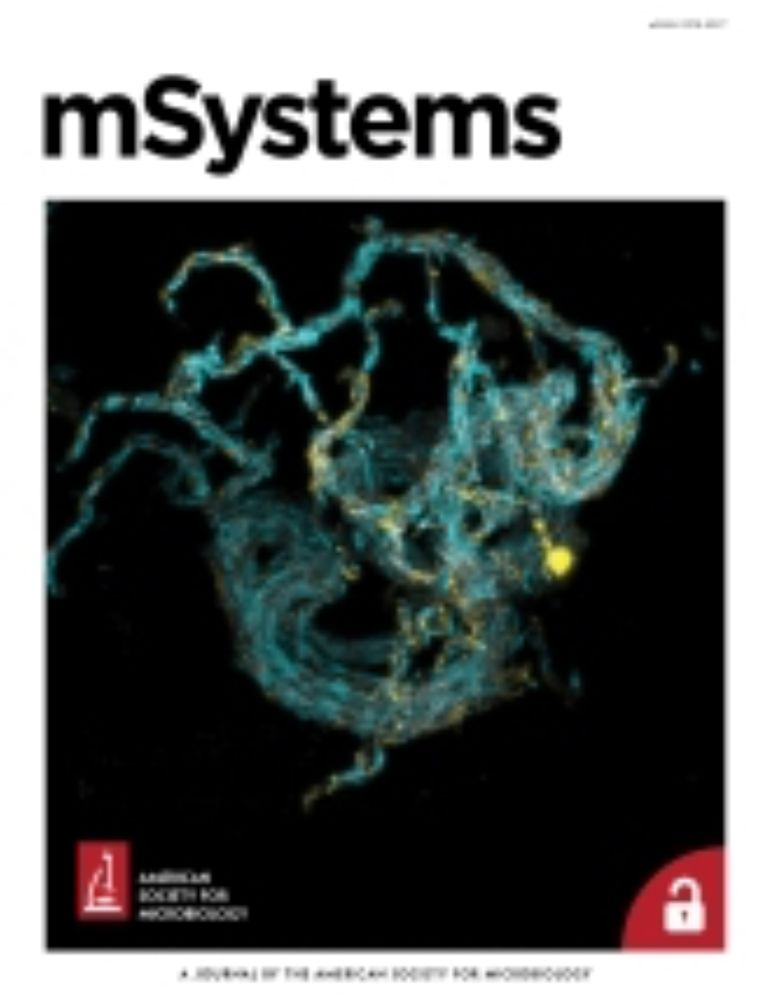
Phosphite as an engineered niche for Pseudomonas veronii in a synthetic soil bacterial community | mSystems
Bioaugmentation is a promising solution to soil contamination, but its practical application
is limited due to poor inoculant establishment in the native soil community. This
can often be attributed t...
journals.asm.org
August 17, 2025 at 9:02 AM
Phosphite as an engineered niche for Pseudomonas veronii in a synthetic soil bacterial community
#mSystems by Clara Bailey et al with Jan Roelof van der Meer @dmf-unil.bsky.social
journals.asm.org/doi/10.1128/...
#mSystems by Clara Bailey et al with Jan Roelof van der Meer @dmf-unil.bsky.social
journals.asm.org/doi/10.1128/...
Reposted by Amanda Alker
Check out our latest preprint where we show synergistic interactions between bacteria for the degradation of complex polysaccharides 🌊🦠🔺
@envsysmicro.at @akshitg.bsky.social
#MicroSky
www.biorxiv.org/content/10.1...
@envsysmicro.at @akshitg.bsky.social
#MicroSky
www.biorxiv.org/content/10.1...

A division of labor controls the degradation of fucoidans in the ocean
Fucoidans, complex polysaccharides produced by brown algae and diatoms, contribute to long-term carbon sequestration due to their resistance to microbial degradation1,2. While individual microbes can ...
www.biorxiv.org
August 14, 2025 at 11:32 AM
Check out our latest preprint where we show synergistic interactions between bacteria for the degradation of complex polysaccharides 🌊🦠🔺
@envsysmicro.at @akshitg.bsky.social
#MicroSky
www.biorxiv.org/content/10.1...
@envsysmicro.at @akshitg.bsky.social
#MicroSky
www.biorxiv.org/content/10.1...
On a small beach in rural Rhode Island, I unplugged for just one moment and considered the small things 🧬🦠🧫🧪
@stcmicrobeblog.bsky.social
@stcmicrobeblog.bsky.social
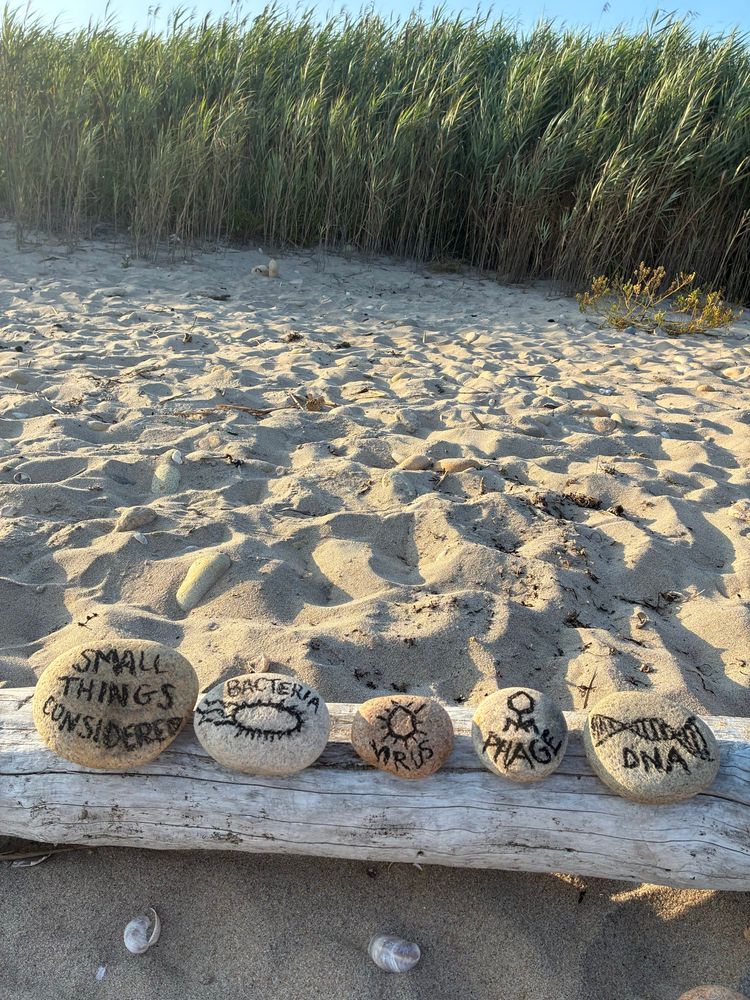
August 12, 2025 at 2:14 AM
On a small beach in rural Rhode Island, I unplugged for just one moment and considered the small things 🧬🦠🧫🧪
@stcmicrobeblog.bsky.social
@stcmicrobeblog.bsky.social
Reposted by Amanda Alker
Congratulations @doudna-lab.bsky.social !! History will position her name alongside the likes of Darwin, Einstein, and Hodgkin.
Jennifer A. Doudna will receive the 2026 Priestley Medal, the highest honor given out by the American Chemical Society. She helped discover the gene editing technology CRISPR and has made many contributions to our knowledge of RNA chemistry. cen.acs.org/people/award...
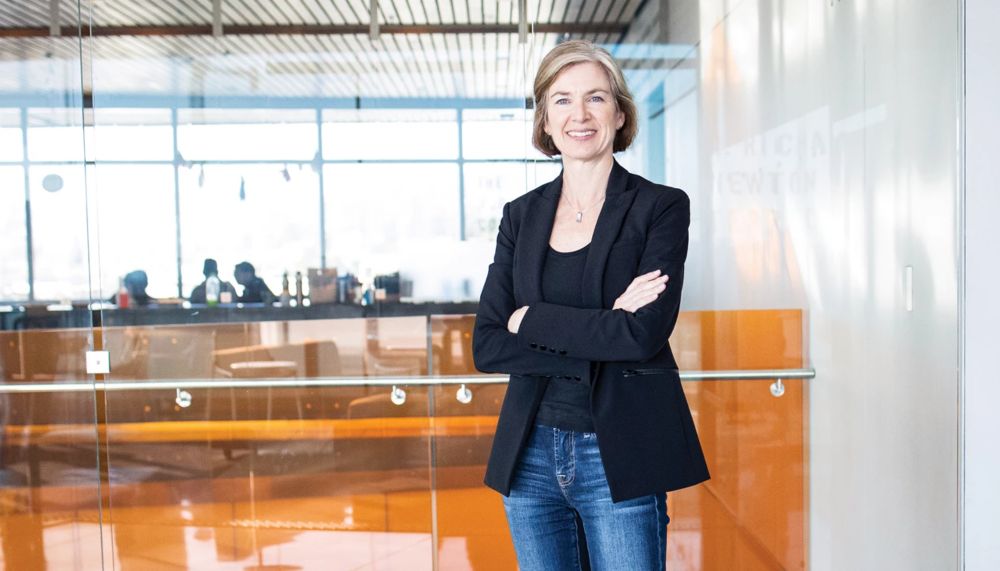
Jennifer Doudna is named 2026 Priestley Medalist
The award recognizes the biochemist for discoveries on ribozyme function and CRISPR gene editing, and international science leadership
cen.acs.org
August 9, 2025 at 5:21 PM
Congratulations @doudna-lab.bsky.social !! History will position her name alongside the likes of Darwin, Einstein, and Hodgkin.


